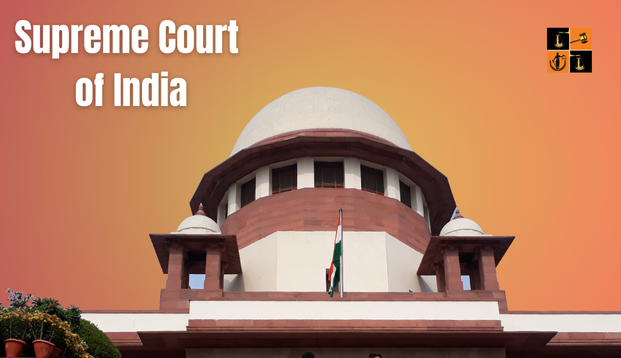A Three-Judge Bench led by Honble Chief Justice of India in a significant ruling has opined that children born out of invalid marriages have a right in their parents' share in the Hindu Joint Family ("HJF") property.
It was clarified that the invalid marriages cover both void and voidable marriage and further, such children born out of either void/voidable marriage can only claim in their parents's share and not of any other coparceners.
The said ruling is only applicable to the HJFs governed under the Mitakshara Law. The Hon'ble Top Court has further held that the children are entitled to get that share which would have devoled upon their parents' in the case of notional partition upon their death.
The Hon'ble CJI held:
“For the purpose of ascertaining the interest of a deceased Hindu Mitakshara coparcener (a person who acquires a legal right to his ancestral property through birth in a Hindu Undivided Family), the law mandates the assumption of a state of affairs immediately prior to the death of the coparcener, namely, a partition of the coparcenary property between the deceased and the other members of the coparcenary."
“When the share of the deceased in the property that would be allotted to him if a partition had taken place immediately before his death is ascertained, his heirs, including children who have been conferred with legitimacy, will be entitled to their shares in the property which would have been allotted to the deceased on the notional partition."
The Bench clarified that Section 16 of the Hindu Marriage Act, 1955 unequivocally confers legitimacy upon children born out of void or voidable marriages and therefore, this is how these children will be entitled to the share of their parents' in case of HJF properties.
The arguments raised in favor of conferring the children with the rights was primarily that Hindu Marriage Act is a beneficial legislation and hence, the ultimate goal is to do justice and welfare of the children. Moreover, the title of illegitimacy is upon the marriage and not on children. Therefore, children should not be conferred with such titles and therefore, they become entitled to the share in the property.
The arguments opposing this view was that in coparcenary property, priority was given to survivorship and not succession. It was argued that the children born out of void and voidable marriage cannot be brought to the level of coparceners, especially the innocent ones.
It was urged that by creating distinction between children born out of valid marriage and children born out of void or voidable marriage, the Legislature has created a balancing act.
The Hon'ble Supreme Court broadly held that:
a. A child of a marriage which is null and void is statutorily conferred with legitimacy
b. where a voidable marriage has been annulled by a decree of nullity under Section 12, a child ‘begotten or
conceived’ before the decree has been made, is deemed to be their legitimate child.
c. Such a child will have rights to or in the property of the parents and not in the property of any other person
Case Title: Revanasiddappa & Anr. v. Mallikarjun & Ors.
Case No.: Civil Appeal No 2844 of 2011
Coram: Hon'ble Chief Justice Dhananjay Y Chandrachud, Hon'ble Justice JB Pardiwala, Hon'ble Justice Manoj Misra
Read Judgement @LatestLaws.com:
Picture Source :


























